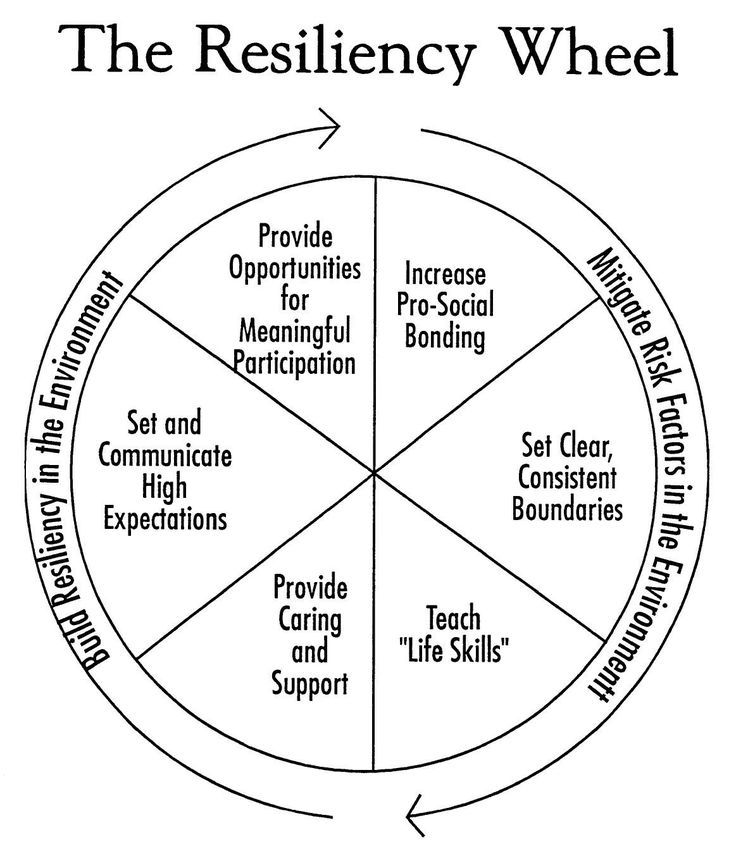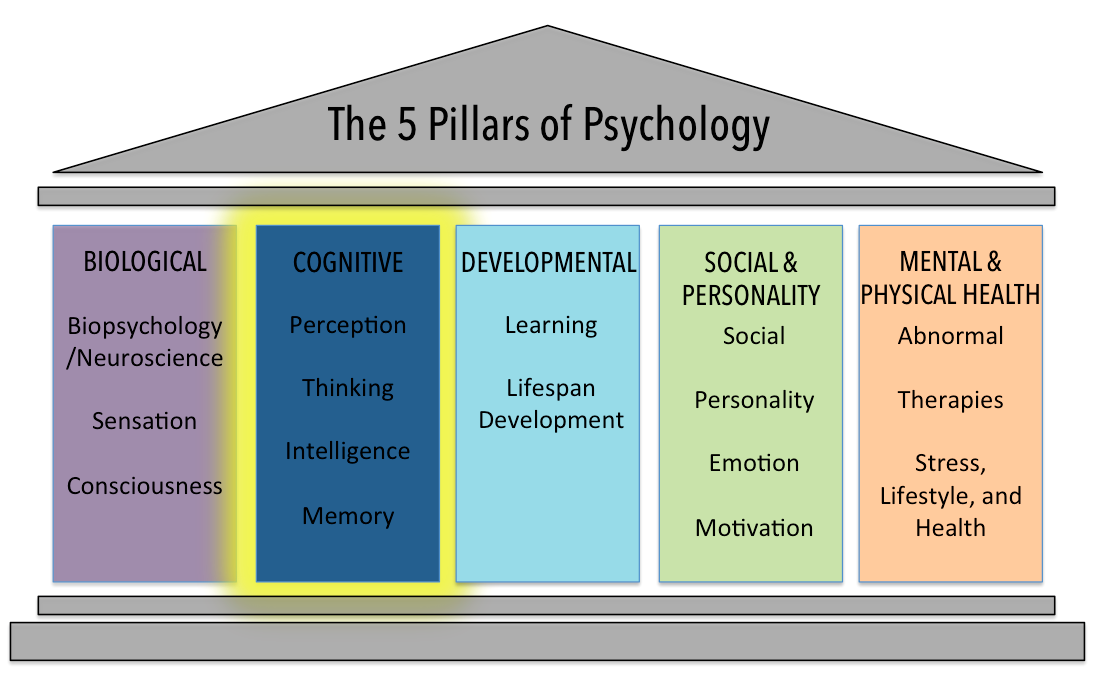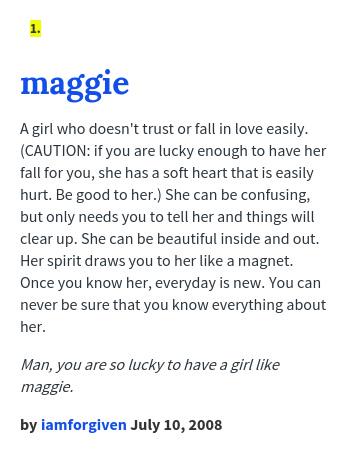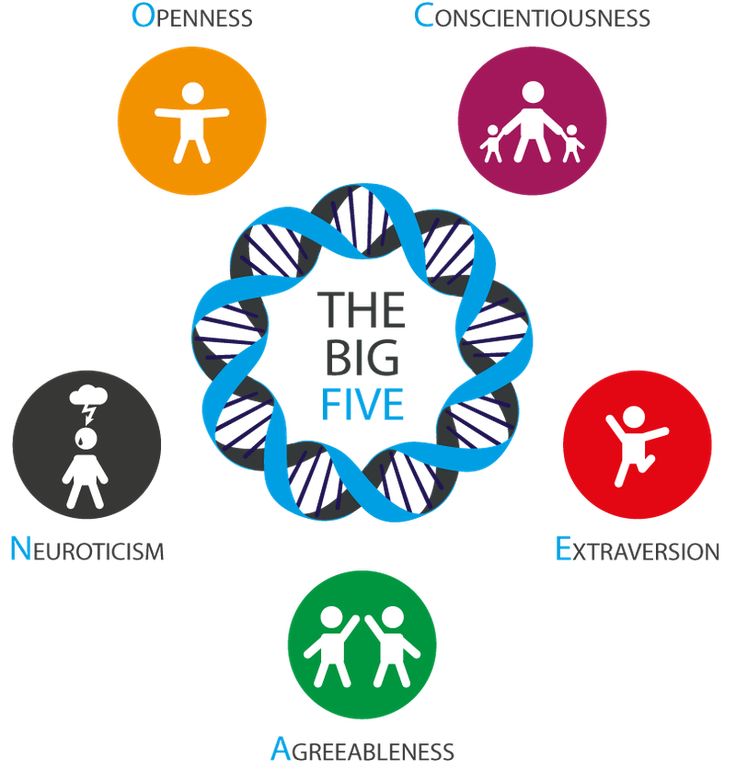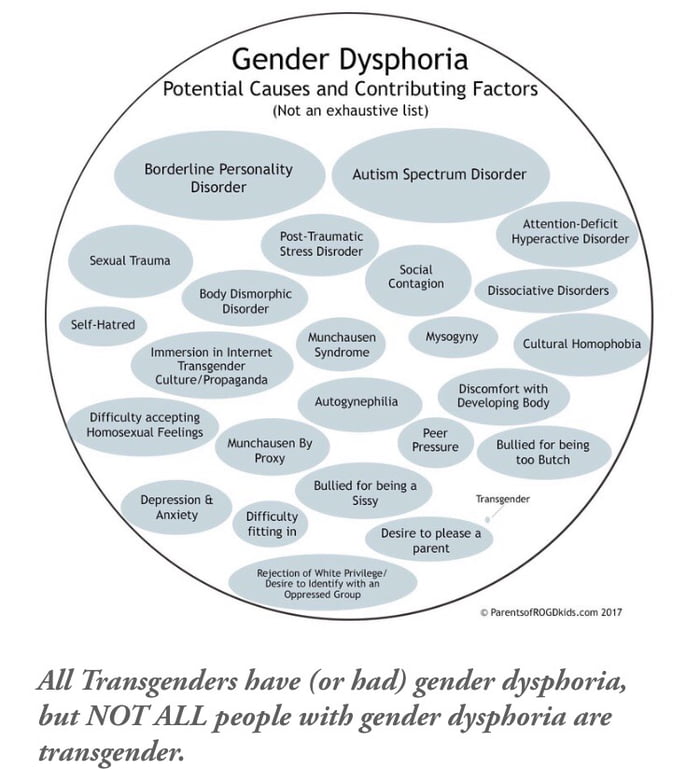Why do we get jealous
What is Jealousy and How to manage it?
Relationships take plenty of hard work and communication in order to thrive, but they are not always easy. Sometimes there are obstacles and feelings present that might prevent relationships from growing. One of the obstacles that some couples might face is jealousy. Jealousy has many different meanings, but it is most commonly defined as a feeling of envy or suspicion towards relationships or possessions.
There is not one root cause for someone’s jealous behaviors or feelings, but there are a few reasons why someone might feel this way, including insecurity, past history, or fear of loss. Jealousy can be triggered by these and might create tensions within your relationships. Knowing what signs to look for and how to manage jealous behaviors are the first steps to working through those obstacles.“Jealous behaviors might differ depending upon each person, and it’s important to recognize the signs to promote healthy conversations in your relationships,” says Tracey Lickfelt, Director of Outpatient Services for Centerstone.
Some of the various signs of jealousy might be accusations, suspicions, questioning your behavior or day-to-day activities, having negativity towards partner’s relationships, comparing themselves to others, and more.
Experiencing these negative behaviors in relationships might cause an increase in anxiety and depression symptoms, such as nervousness, irritability, and other physical symptoms. “An increase in symptoms and jealous behaviors might lead to ending the relationship or it will continue to be unhealthy,” says Lickfelt. There are things you can do to help yourself or your partner who is experiencing symptoms of jealousy:
- Recognition. “It’s important to recognize your jealousy for what it is. Ask yourself, where is this coming from,” says Lickfelt. Take the time to acknowledge that these feelings of jealousy are present. Recognizing your feelings no matter how uncomfortable they might be is a key component to your processing and moving forward.

- Reflection. Identify your motive for feeling this way. Consider your past experiences with relationships. Find ways to cope and redirect or alter your thinking towards your partner. “Instead of saying something like, ‘they must be cheating on me’ change it to ‘I am secure in my relationship’,” says Lickfelt.
- Accountability. Take responsibility for the way you are feeling and know that only you have the power to change this. Your partner cannot change your feelings for you, only you can. Consider seeking help with therapy treatment or talking to a trusted individual.
- Communication. The most essential part of processing your feelings is by talking to your partner. Use this time to tell them what you are feeling and why you are feeling it. Try to avoid using this conversation to control or manipulate situations, but rather use it for accountability.
Having healthy conversations with your partners about jealousy and where it stems from is one way to move past those obstacles. Identifying ways to help with self-image is an important journey, and reassure your partners that they are not alone in their processing.
Identifying ways to help with self-image is an important journey, and reassure your partners that they are not alone in their processing.
If you or your partner are struggling with their mental health, Centerstone can help. Call 1-877-HOPE123 (1-877-467-3123) for more information.
Location Finder
Know someone who can benefit from these tips? Share this article with them on social media.
If you are in crisis, please call our crisis line, call 911 or visit the nearest emergency room.
If you're still having trouble and would like to reach out to someone about counseling or other Centerstone services, contact us.
Why Do We Get Jealous in Relationships?
Recognizing and embracing your partner’s enduring vulnerabilities, as well as your own, will strengthen your relationship.
Recognizing and embracing your partner’s enduring vulnerabilities, as well as your own, will strengthen your relationship.
Recognizing and embracing your partner’s enduring vulnerabilities, as well as your own, will strengthen your relationship.
In an interview, Dr. John Gottman was once asked what to do about “insatiable jealousy” in relationships.
His response hit on something really profound for me.
I believe that every person has areas of enduring vulnerability. For a marriage to succeed, these vulnerabilities need to be understood and honored.
This flips jealousy on its head. Instead of something to avoid in relationships, jealousy becomes an opportunity to connect. In her book “Daring Greatly” Brene Brown writes, “Vulnerability is the birthplace of love, belonging, joy, courage, empathy, and creativity. It is the source of hope, empathy, accountability, and authenticity.”
When you understand why you get jealous, you can manage it in a way that is compassionate and constructive. Recognizing and embracing your partner’s enduring vulnerabilities, as well as your own, will strengthen your relationship.
Jealousy in a relationship can be more about your own vulnerabilities than about your partner’s actions. For instance, you may be prone to jealousy if you’ve had painful experiences in your past. It’s important to talk to your partner about these experiences so you can be mindful of each other’s triggers and respect them.
Jealousy may be driven by low self-esteem or a poor self-image. If you don’t feel attractive and confident, it can be hard to truly believe that your partner loves and values you. Other times, jealousy can be caused by unrealistic expectations about the relationship. It’s not healthy for partners to spend 100% of their time together. In the words of Kahlil Gibran, “you need spaces in your togetherness to sustain your bond.”
Remember that feelings aren’t facts. Are you imagining things that aren’t really there? I encourage my clients to ask themselves, “Is that so?” Is it really happening? If the answer is no, let go of the negative thoughts. Acknowledge them before consciously dismissing them.
Acknowledge them before consciously dismissing them.
Feelings of jealousy can become problematic if they affect your behavior and your feelings toward the relationship as a whole. Here are some signs of unhealthy jealous behaviors.
- Checking your spouse’s phone or email without permission
- Insulting your spouse
- Assuming that your spouse is not attracted to you
- Grilling your spouse on their whereabouts throughout the day
- Accusing your spouse of lying without evidence
If you recognize any of these behaviors in your relationship, seek to understand the vulnerabilities beneath. If you need a little extra help doing this, I recommend working under the guidance of a Gottman-trained therapist. You can find one in your area on the Gottman Referral Network.
Use jealousy for goodJealousy in a relationship can also be a very real and reasonable reaction to your partner’s actions. Remember that in a good enough relationship, people have high expectations for how they’re treated.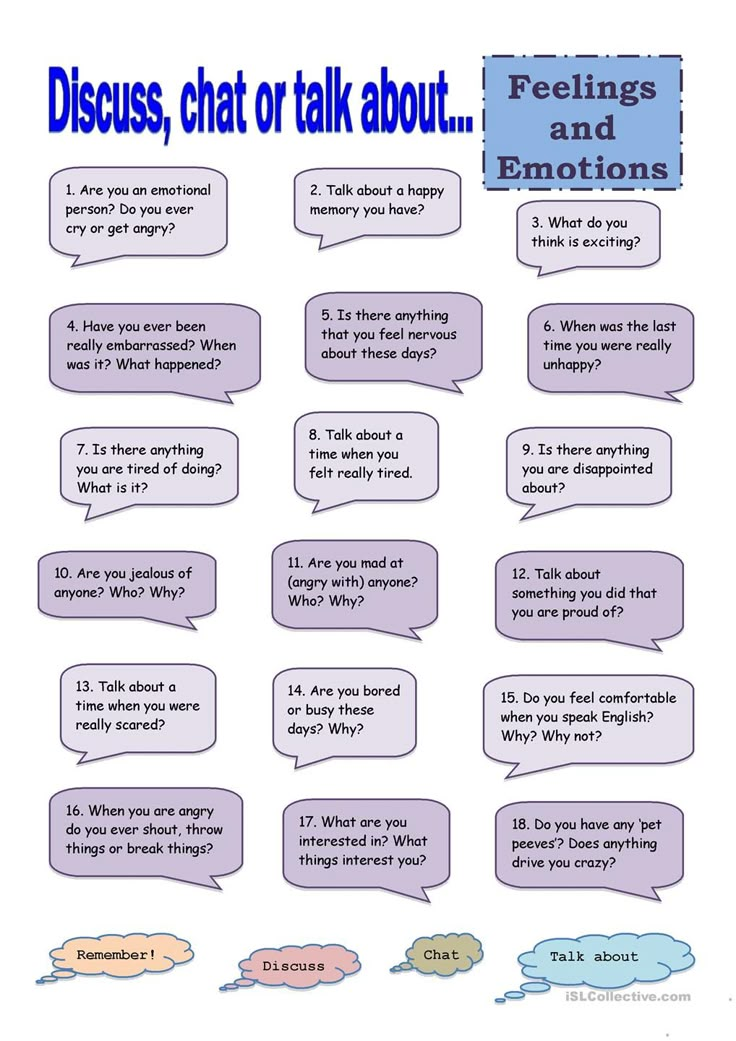 They expect to be treated with kindness, love, affection, and respect. They expect their partner to be loyal and honest.
They expect to be treated with kindness, love, affection, and respect. They expect their partner to be loyal and honest.
If the answer to the question “Is that so?” is yes, then it’s important to tell your partner how you feel before your jealousy turns into resentment. When you bring it up, stick to “I” statements and avoid saying things like “you always” or “you never.” Talk about your feelings about the specific situation and avoid blanket statements about your partner’s character. Say what you need, not what you don’t need.
For example, “I feel anxious when I don’t know where you are or who you’re with when you’re out. I need you to text me and let me know.”
The more you talk, the healthier your relationship will be. Is there a specific relationship that is making you uncomfortable? Are you finding that you are being stonewalled or that your partner’s behavior has recently changed?
You and your partner should be open and upfront with each other about friendships and work relationships. Transparency will help you feel more secure. If you’re not sure about boundaries, a good rule of thumb is to ask yourself, “How would I feel if I heard my partner having this kind of conversation with someone else?” If that would hurt, then a boundary is being crossed.
Transparency will help you feel more secure. If you’re not sure about boundaries, a good rule of thumb is to ask yourself, “How would I feel if I heard my partner having this kind of conversation with someone else?” If that would hurt, then a boundary is being crossed.
Show one another how much you value each other by putting your relationship before your work, your coworkers, and your friends. Every time you do this, you build trust.
By understanding what is driving your feelings and honoring each other’s endearing vulnerabilities, you can use jealousy for good.
The Gottman Relationship Adviser, the world’s first complete relationship wellness tool for couples, takes the guesswork out of improving your relationship. Measure your relationship health with a research-based self-assessment, then receive a tailored digital relationship plan proven to heal and strengthen your connection.
For an in-depth analysis of your relationship health check out the Gottman Assessment, a virtual relationship evaluation tool for couples.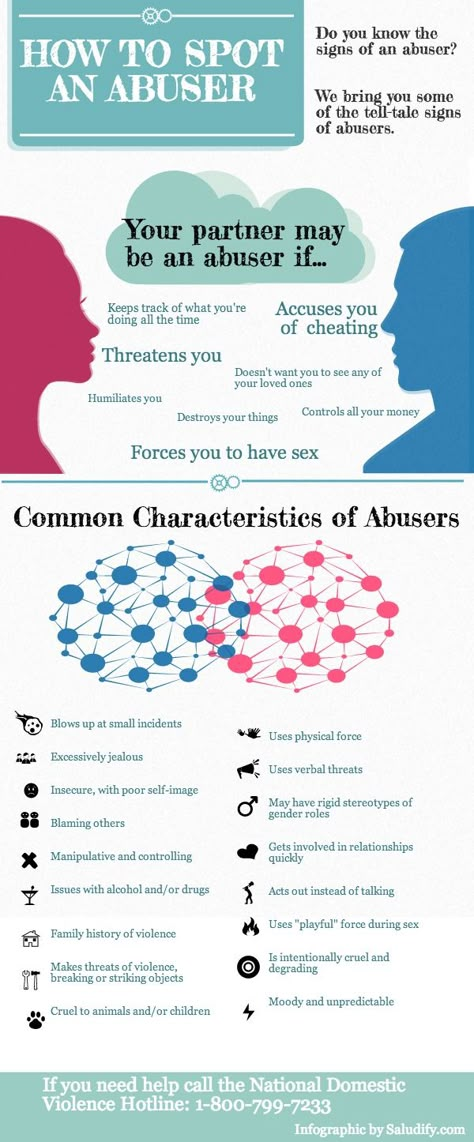 ="wpforms-"]
="wpforms-"]
Why we are jealous and how to stop doing it
November 8, 2022 Relationship
There are often no real reasons, so it is up to you to deal with the problem.
You can listen to the article. If you feel more comfortable, tune in to the podcast:
What causes jealousy
You are insecure
Licensed clinical psychologist Seth Meyers writes that people with low self-esteem can also feel insecure in relationships. They believe that they are not good enough to attract a partner and keep his interest over time.
You need to control everything
One partner worries about his place in the other's world. Perhaps, even in childhood, a person experienced a disturbing experience and now thinks that he cannot be trusted, because at any moment he can be preferred to another.
Anastasia Popova
Psychologist, systemic family psychotherapist of the Family Medical Center "Leib-Medic".
But this is not just anxiety. This is an attempt to control the actions of the other side. Fear of someone else's freedom and rebellion against it.
You are too strongly attached to a partner
Constant baseless jealousy may appear due to excessive attachment, when one cannot separate from the other and lives his life.
If you constantly interfere in the life of a companion, forbid meeting friends and spending time separately, the chances of destroying relationships are high. There is nothing wrong with a couple having common interests. But everyone should also have their own hobbies.
You project your own repressed desires onto your partner
Family psychotherapist Anastasia Popova notes that jealousy can arise due to the projection of one's own state and repressed sexual desires onto another person. Without admitting to ourselves, we want to go to the left, only now we attribute this to the satellite.
You have obsessive thinking
Jealousy can be the result of obsessive (obsessive) thinking. Psychologist Seth Meyers recalls the case of a patient who was jealous of partners in all her relationships. She also had some signs of obsessive-compulsive disorder. When her husband came home late, lingered, she could not put up with not knowing what and where he was doing. Therefore, I filled in the gaps and thought out myself. I took the facts out of my head, and then I was jealous and worried. She herself created disturbing thoughts and reasons for excitement when faced with the most terrible circumstance for this type of people: unknown .
Psychologist Seth Meyers recalls the case of a patient who was jealous of partners in all her relationships. She also had some signs of obsessive-compulsive disorder. When her husband came home late, lingered, she could not put up with not knowing what and where he was doing. Therefore, I filled in the gaps and thought out myself. I took the facts out of my head, and then I was jealous and worried. She herself created disturbing thoughts and reasons for excitement when faced with the most terrible circumstance for this type of people: unknown .
Also, according to the expert, jealousy can be caused by a person's general paranoid state.
There is a real reason for jealousy
Perhaps the most logical reason: there really is a reasonable reason for jealousy. Maybe this is an unambiguous correspondence with another or another, not yet forgotten betrayal or irrefutable evidence of infidelity.
How to stop being jealous
Accept and examine your thoughts
Robert Leahy, Ph. D., professor at Yale University, former president of the Association for Behavioral and Cognitive Therapy, the Academy of Cognitive Therapy, and the International Association for Cognitive Psychotherapy, recommends that in the midst of jealousy, stop, exhale and pay attention to your thoughts.
D., professor at Yale University, former president of the Association for Behavioral and Cognitive Therapy, the Academy of Cognitive Therapy, and the International Association for Cognitive Psychotherapy, recommends that in the midst of jealousy, stop, exhale and pay attention to your thoughts.
Do they reflect the reality? If you think that a partner is interested in someone other than you, this does not mean that they are. You must understand that thoughts and reality are different things.
Don't give in to feelings of jealousy
Anger and anxiety can be intensified if you begin to obsess over them. You need to accept your emotions and let them be. You don't have to "get rid of the feelings," but if you approach observing your experiences consciously, it will help to ease them.
Understand that uncertainty is part of any relationship
We are looking for certainty: “I need to know that she / he is not interested in you” or “I want to know that we will not part and be together. ” Dr. Leahy writes that some are even ready to end the relationship before they think the other does.
” Dr. Leahy writes that some are even ready to end the relationship before they think the other does.
Robert Leahy
Uncertainty is part of life. This is something we cannot do anything about.
It is impossible to know for sure whether your partner will leave you or not. But with your accusations and reproaches, you can create a self-fulfilling prophecy.
Understand your conjectures
Jealousy can be fueled by unrealistic beliefs: past relationships of a loved one threaten your union, you have nothing to offer a partner, this relationship will repeat a bad experience with another or another. Often this is nothing more than speculation that has nothing to do with reality.
Find effective ways to build relationships
“Instead of relying on jealousy, find another way to make the union safer,” advises Robert Leahy. For example, pay attention when your partner does something good, praise each other, refrain from criticism and sarcasm, or make a list of simple and pleasant things that would please each of you.
Take care of yourself
We must not forget about our development. Find a hobby, play a sport, or take a yoga class. Do not deprive yourself and your beloved of freedom and personal space.
Show gratitude instead of jealousy
To a certain extent, jealousy is normal in a relationship. But only as long as it strengthens them, and does not destroy them.
Anastasia Popova
It is useful to remember that besides me, a wonderful miracle, my partner has many other people in his life who can take my place. And that he or she chooses and prefers me over someone else.
A good alternative to jealousy is gratitude for choosing you, for being together. You can’t save a relationship with jealousy, but with gratitude it can work out.
Build up trust
Oleg Ivanov
Psychologist, conflictologist, head of the Center for Settlement of Social Conflicts.
Jealousy is usually "cured" by trust. If you do not trust your partner, be sure to talk to him about it.
He may not even guess about your feelings and not know that his behavior gives rise to them.
Accept the situation and reconsider the relationship
This applies precisely to those cases in which there are justified reasons to doubt the fidelity of a loved one.
Anastasia Popova
Jealousy can be a completely honest and normal feeling and have real reasons. Then you need not to suppress it, but to honestly see the unpleasant truth.
In this situation, it is necessary to decide what to do not with feelings of jealousy, but with relationships in general.
The problem can be dealt with. But, if it sits deep and is rooted in childhood, it is better to work out the issue with a specialist. Jealousy can be dangerous and even destructive for relationships, you should not leave it unattended.
Read also 🧐
- 3 effective ways to overcome jealousy
- 15 tips that harm relationships
- 7 relationship problems that you have to take responsibility for
5 reasons why we are jealous (and how to stop doing it)
Jealousy is always dangerous! Of course, not everyone will reach the state of "Othello in a skirt", but a destructive feeling of jealousy can ruin a relationship for any of us. Even if it doesn’t come to a break, suspicion and distrust - the constant companions of jealousy - actively interfere with enjoying life with a partner, creating joint plans, and harmonizing relationships in a couple.
Even if it doesn’t come to a break, suspicion and distrust - the constant companions of jealousy - actively interfere with enjoying life with a partner, creating joint plans, and harmonizing relationships in a couple.
What is jealousy? Even the definition sounds unpleasant: "a vivid emotional sense of possessiveness, reinforced by selfishness." But in this definition there are no reasons that cause jealousy and the emotional pain associated with it, irritation, nervousness. Moreover, the listed consequences are likely to arise both for you and for your partner. Even if you experience jealousy "in yourself", it will affect the relationship - through your heightened suspicion.
Consider the most common causes of jealousy and how to eliminate them.
Cause 1. "Inferiority complex"
"Inferiority complex" leading to dramatic self-doubt is the most common reason for jealousy. When you think that a partner can find something better - prettier, younger, sexier, more successful, etc. - then the reason for jealousy will not keep you waiting. What to do?
- then the reason for jealousy will not keep you waiting. What to do?
Solution: love yourself! This means understanding yourself, working on yourself, developing and increasing your self-esteem. It is also a reason to better understand your partner, who is with you not at all because you are “the best of the best”, but because he loves you as a unique person, as a dear and close person.
Reason 2. Dangerous rivals
Dangerous rivals sometimes do appear dangerously close, and this can happen at any stage of your relationship. In this case, suspecting and making scenes is a deconstructive path, quite capable of destroying relationships even without a rival.
Solution: "treatment" should be the same - work on yourself, development of your relationship with your partner. Start investing more love, attention and care in yourself, in "your soul mate", in your relationship - and the result will be radically different. The appearance of rivals, with the right approach, is an excellent opportunity to develop your own uniqueness and your intimacy with your partner ( read also: "5 stages of love (and why many break up already at the third)").
The appearance of rivals, with the right approach, is an excellent opportunity to develop your own uniqueness and your intimacy with your partner ( read also: "5 stages of love (and why many break up already at the third)").
Cause 3. Negativity from the past
Negativity from the past can also cause problems in the present, and in the form of jealousy. Did your marriage break up due to the infidelity of your partner, or maybe your man left you from another family? Now you are constantly on the alert, jealous and suspicious of your partner for fear that history will repeat itself.
Solution: Don't make things difficult with your own hands. And it is your anxiety that can greatly poison your life together.
Reason 4. Frivolous behavior
Your partner's frivolous behavior is another common reason for jealousy. Excessively frivolous communication with a work colleague, an old acquaintance, a pretty neighbor, etc. hurts your pride and becomes a cause for jealousy, which many call "justified." However, there is no justification here. We all communicate with dozens of people every day, and often this communication includes emotional components - a game, jokes and compliments.
hurts your pride and becomes a cause for jealousy, which many call "justified." However, there is no justification here. We all communicate with dozens of people every day, and often this communication includes emotional components - a game, jokes and compliments.
Solution: if such communication of your “half” turns into a system, it worries you and causes a lot of strong negative emotions, talk to your partner, tell him about your feelings about this. In a conversation, be soft and as correct as possible so that your partner hears you, your anxieties. Then he will understand that his actions bring you pain. A loving person will correct his behavior. Don't expect him to abruptly cut off all the women you've been jealous of. Even if the emotional component remains in these contacts, it will be brought to a level that will no longer hurt you.
Reason 5. Your infidelity
Your infidelity has already happened or is only expected. An unfaithful spouse often torments his soul mate with suspicions, expecting infidelity on her part. “If I manage to start intrigues behind my back, then my partner can do it too ?!”. In this case, one should fight not with jealousy itself and not with the "transference effect" that led to its appearance, but with one's own campaigns "to the left."
Decision: adultery on your part will protect your partner from jealousy ( see also: "Women's mistakes in marriage, which are easier not to do than to correct").
"Justified jealousy" is interesting in its absence. It simply doesn't exist.
Jealousy is always a wake-up call. It resembles pain, which is an occasion to pay extra attention to yourself or to what is happening with you, with your relationship. You need to understand what jealousy is, where it comes from and what it can indicate.
Solution: stop making excuses for yourself, focus on understanding the situation. Jealousy is good because its appearance is a great reason for you to better understand yourself, this can really be useful.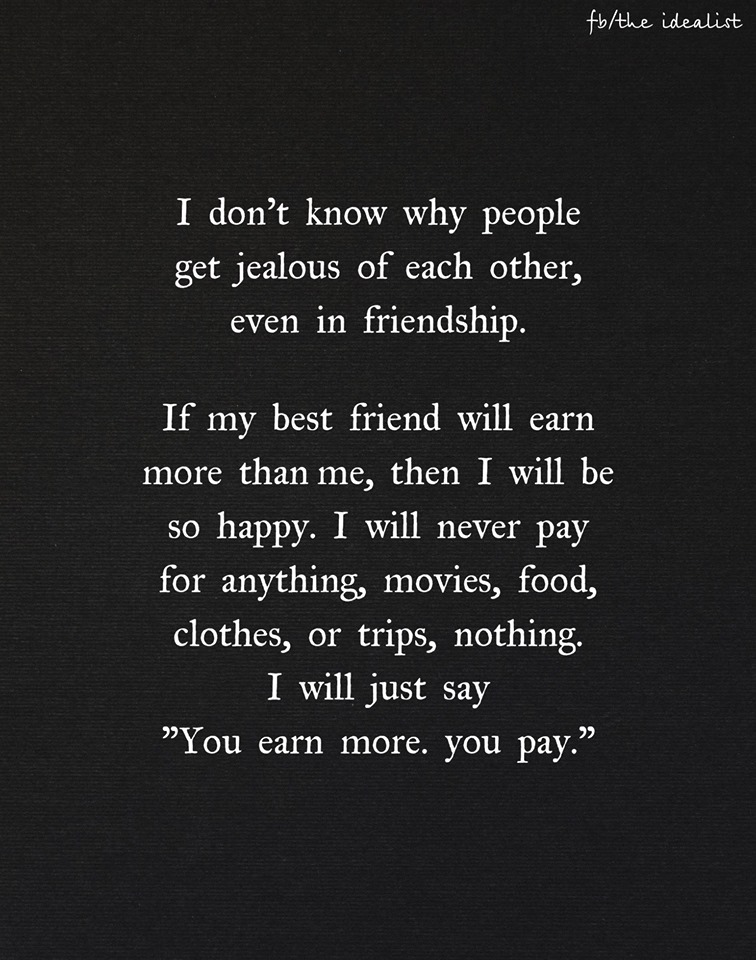 If jealousy starts to get out of your control, there is only one way: to a family psychologist. Like any pain, jealousy should not be endured, and the causes leading to it should be identified, understood and “cured” ( see also: "4 secrets of strong family relationships").
If jealousy starts to get out of your control, there is only one way: to a family psychologist. Like any pain, jealousy should not be endured, and the causes leading to it should be identified, understood and “cured” ( see also: "4 secrets of strong family relationships").
In conclusion, a catchphrase representing a free retelling of the lines of the great Balzac: “You are either loved or not. In both cases, jealousy is completely meaningless.
Expert:
practicing psychologist (more than 15 years of consulting experience), gestalt therapist, integrative therapist, supervisor, member of the European Association of Educators, Psychologists and Medical Professionals SCIENCE. Author of books on psychology and educational programs. Founder of the Private educational institution of additional professional education of the Training Center for Practical Psychology "SENTIO" (Rostov-on-Don).

